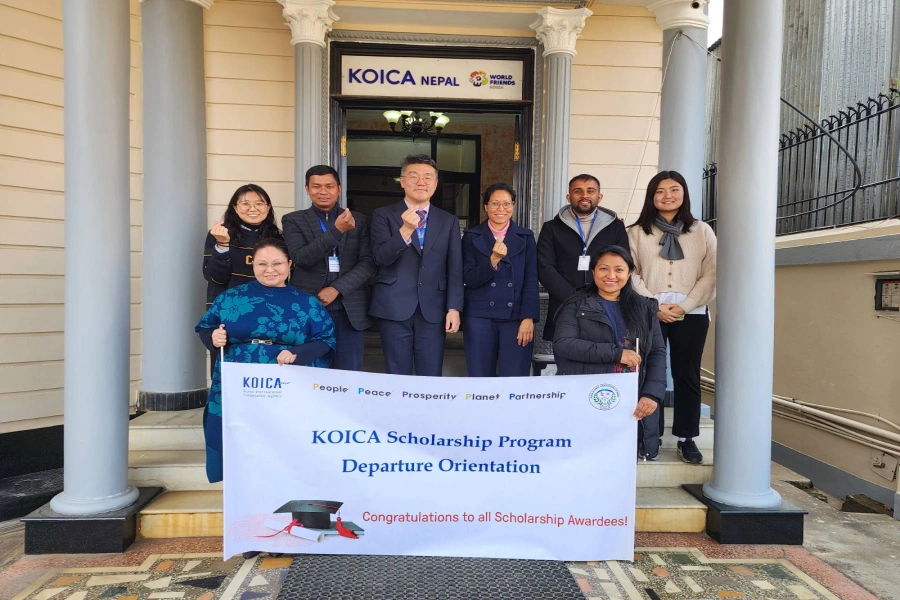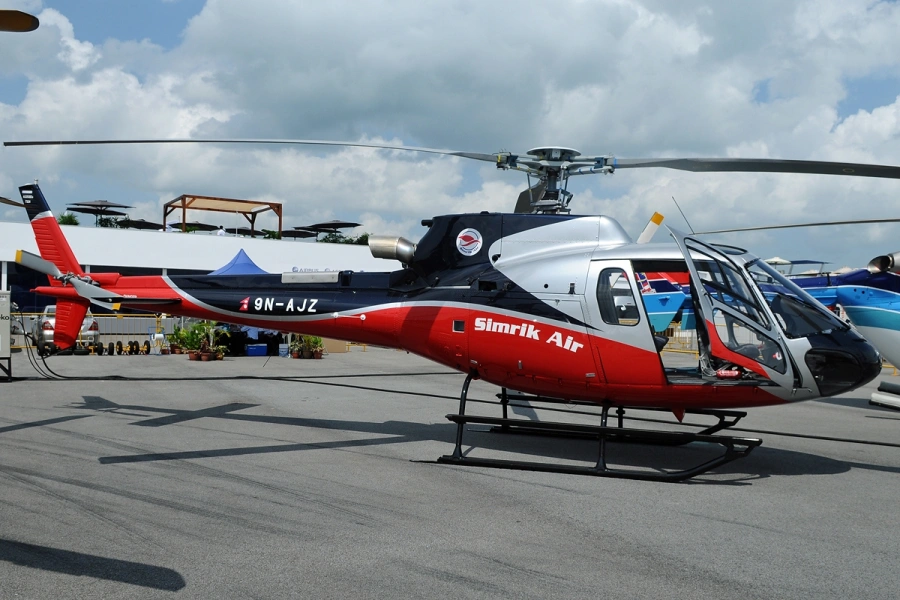KATHAMNDU, July 21: The United Nations World Food Program (WFP) has welcomed Korea International Cooperation Agency's (KOICA) contribution of US$2 million, which is half the amount of a multi-year contribution, to the Saemaul Zero Hunger Communities Project in Nepal.
The funds will allow WFP to continue its work in reducing poverty and food insecurity in the Far-western Region of Nepal in 2017.
“I am delighted that KOICA is committing to work with WFP in rural Nepal,” said Pippa Bradford, WFP representative and country director for Nepal. “This generous and timely contribution will help the people of the Far-western Region to build more sustainable livelihoods.”
The Saemaul Zero Hunger project was launched in 2012 at Ladagada and Pokhari VDCs of Doti district. In the following three years, the livelihoods of 1,772 families in these communities have improved significantly.
Respective households at the VDCs have contributed their labor and skills for the construction of community assets, including small irrigation canals and ponds which helped irrigate 217 hectares of agricultural land. Fifty-one km of rural roads were constructed or rehabilitated, two new community centers were built and 159 water tap were installed. Contributors received a total of US$ 810,500 for their labor.
The next phase will involve more than 5,000 households from five other villages in Doti district - Ganjari, Gaurigaun, Kadamandaon, Khirsain and Sanagaon.
The project aims to build sustainable infrastructure and support resilience in vulnerable rural communities which have had limited access to food and basic services. These goals are achieved through such activities as building small rural and agriculture assets, promoting different types of livelihoods and improving community capacity.
Work in the next phase will follow two models: Korea's 'Saemau Undong' plan, a community-based integrated rural development initiative of the Republic of Korea; and WFP's cash for assets program that pays for work to create assets such as roads, irrigation systems, and other facilities used by the community.
“The Korean government is very glad to continue and scale up the support for the most vulnerable communities in the Far-west Nepal,” said Hyungkyoo Kim, country director of KOICA Nepal office.
“We are committed to assisting the population in Doti for building more sustainable and resilient communities and we strongly believe that the two organizations' combined modalities and delivery mechanisms will assist populations in dire need.”
The project is funded by the Republic of Korea through the development agency KOICA and implemented by WFP. WFP's implementing partner is Good Neighbours International, working with its local partner, Asal Chhimeki Nepal.
KOICA Nepal organizes ‘KOICA Nepal Office Photo Exhibition and...






































